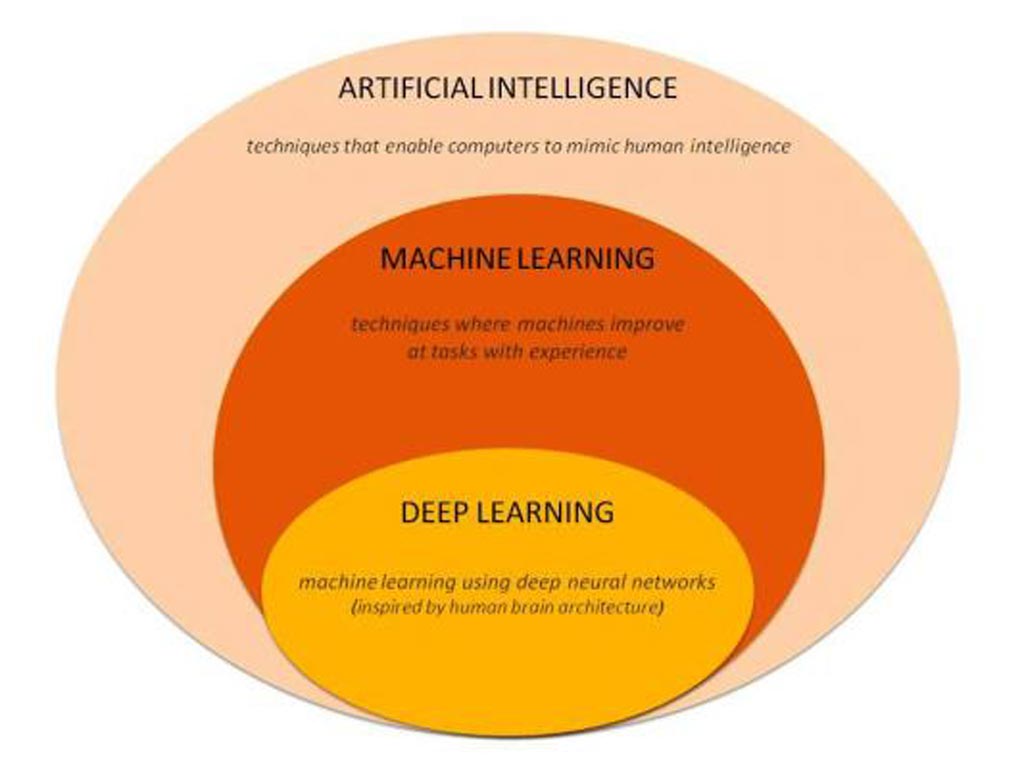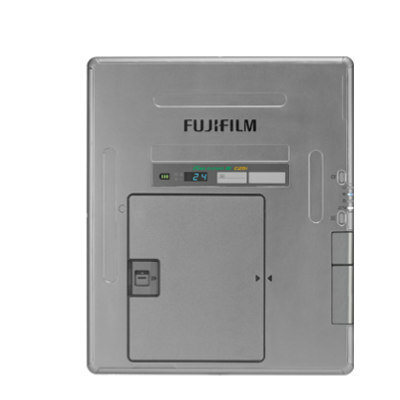AI Algorithm Detects Breast Cancer in MR Images
By MedImaging International staff writers
Posted on 18 Apr 2019
A team of researchers from Memorial Sloan Kettering Cancer Center (New York, NY, USA) have trained a smart algorithm on a neural network to recognize the appearance of breast cancer in MR images. The algorithm uses deep learning, a form of machine learning, which is a type of artificial intelligence (AI), to identify tumors in breast MR images and could save time without compromising accuracy, according to the researchers.Posted on 18 Apr 2019
The researchers used a neural network to classify segments of the MR image and to extract features. The algorithm learned to do this on its own and the use of deep learning eliminated the need to explicitly tell the computer exactly what to look for. The researchers tested the algorithm by processing MR images from 277 women, classifying segments within these images as either showing or not showing tumor. The algorithm achieved an accuracy of 93% on a test set, while sensitivity and specificity for tumor detection were 94% and 92%, respectively.

Image: A smart algorithm has been trained on a neural network to recognize the appearance of breast cancer in MR images. The algorithm, described at the SBI/ACR Breast Imaging Symposium, used “Deep Learning,“ a form of machine learning, which is a type of artificial intelligence (Photo courtesy of Sarah Eskreis-Winkler, M.D.).
The researchers believe that the algorithm, if integrated into the clinical workflow, has the potential to improve the efficiency of radiologists. It could also save time during tumor boards by automatically scrolling to breast MRI slices that show cancer lesions, thus eliminating the time otherwise spent manually scrolling to these slices. However, the researchers have cautioned that deep learning cannot provide the whole solution and people would have to work with deep learning algorithms to achieve their potential.
“The way in which AI tools will be integrated into our daily practice is still uncertain,” said Eskreis-Winkler, M.D. who presented the data at the recent Society for Breast Imaging (SBI)/American College of Radiology (ACR) Breast Imaging Symposium. “So there is a big opportunity for us to be creative and to be proactive, to come up with ways to harness the power of AI to make us better radiologists and to better serve our patients.”
Related Links:
Memorial Sloan Kettering Cancer Center














